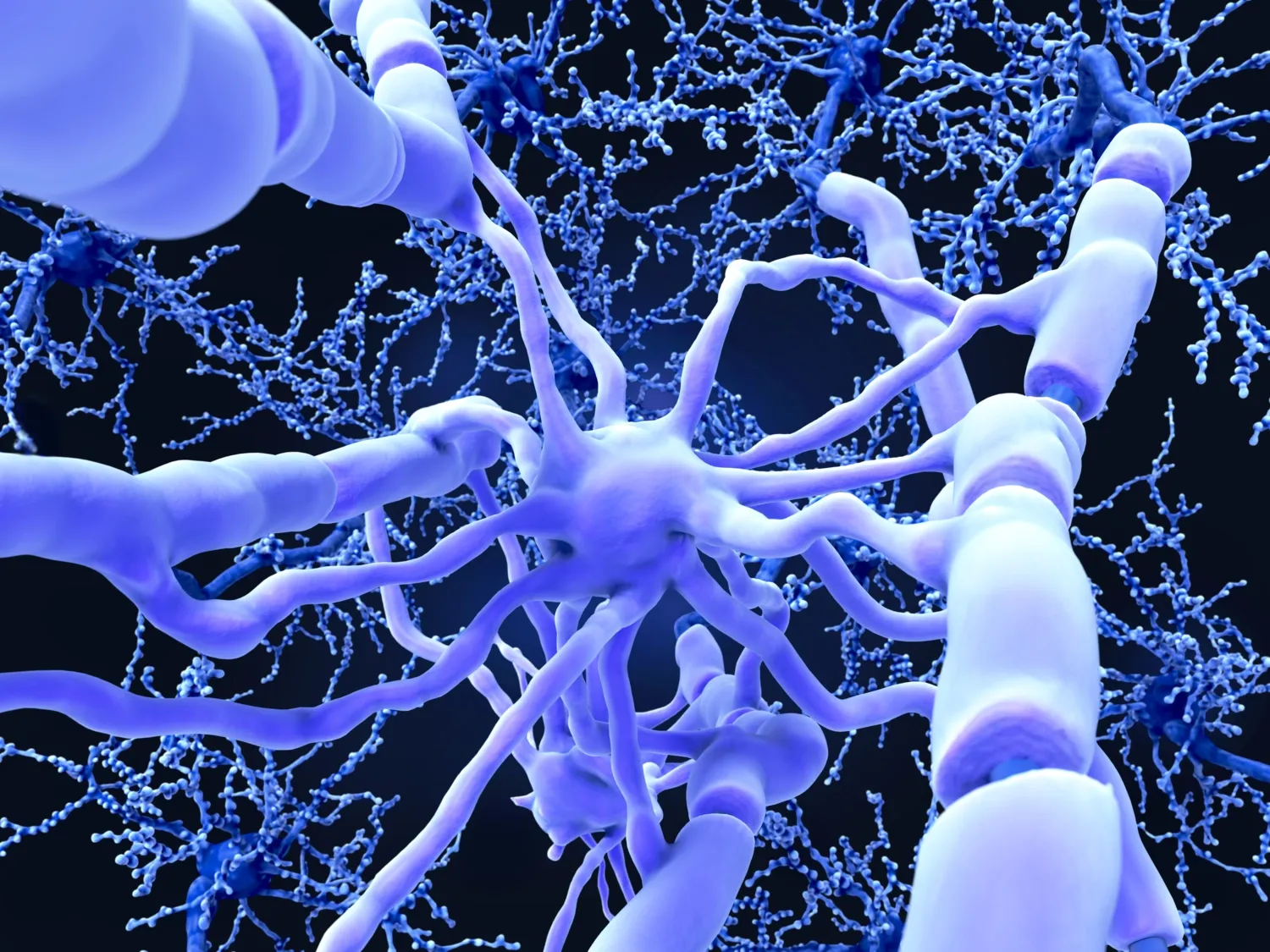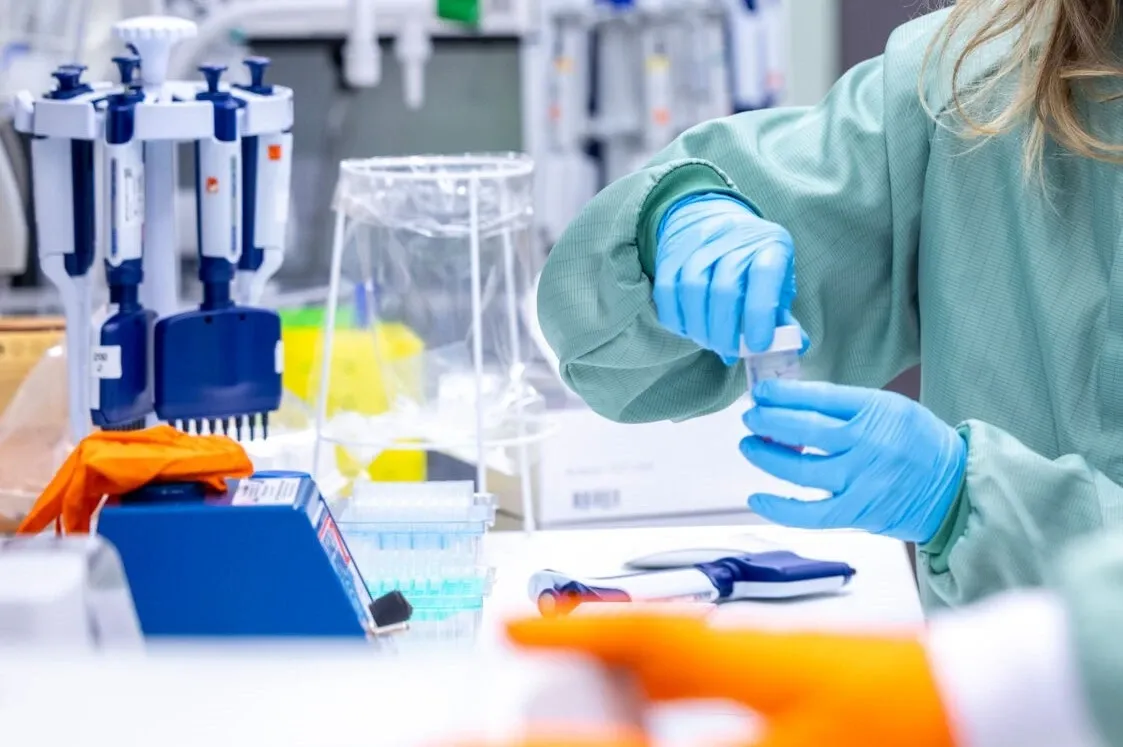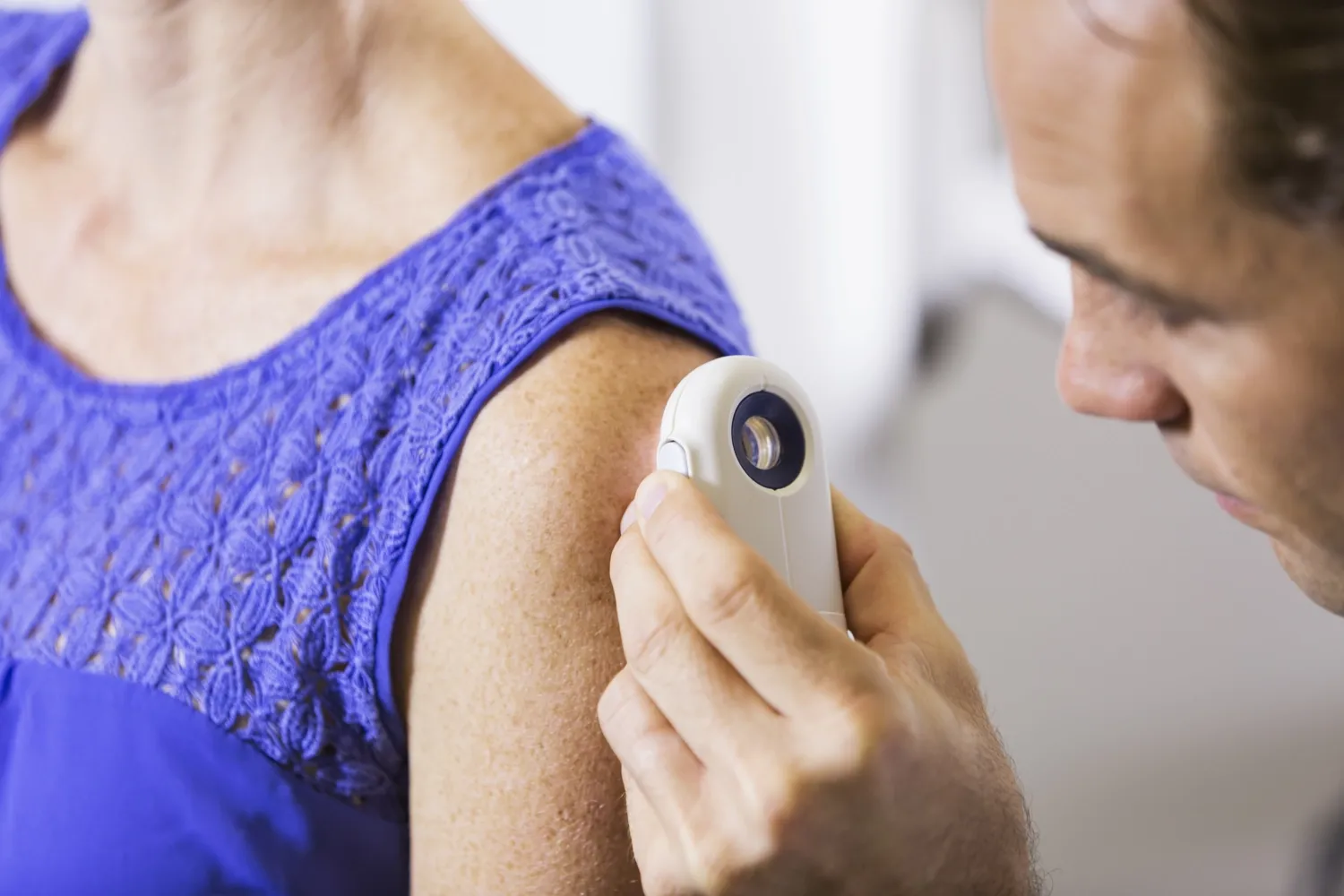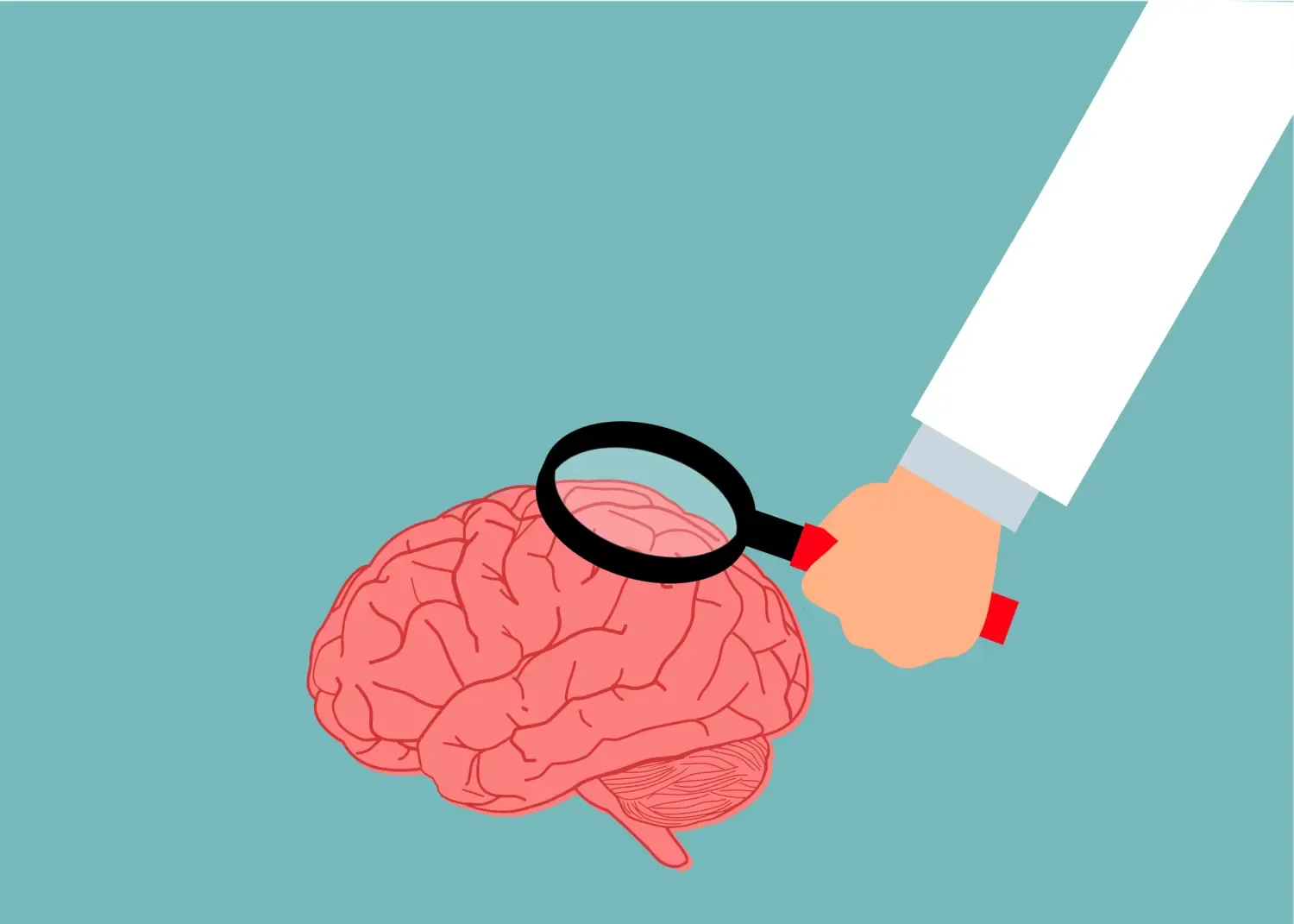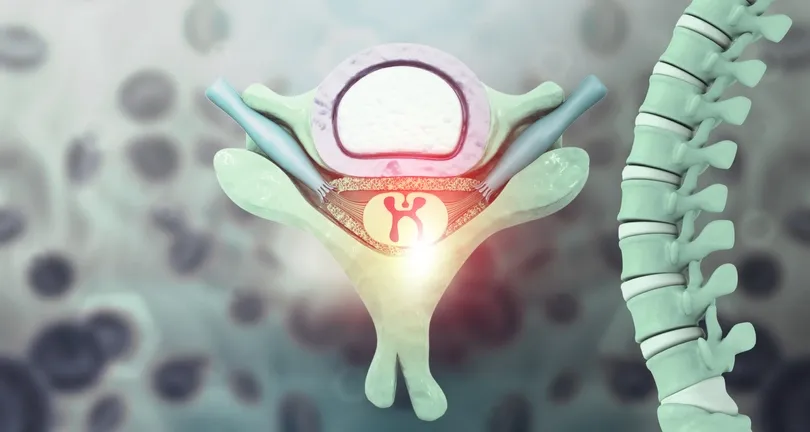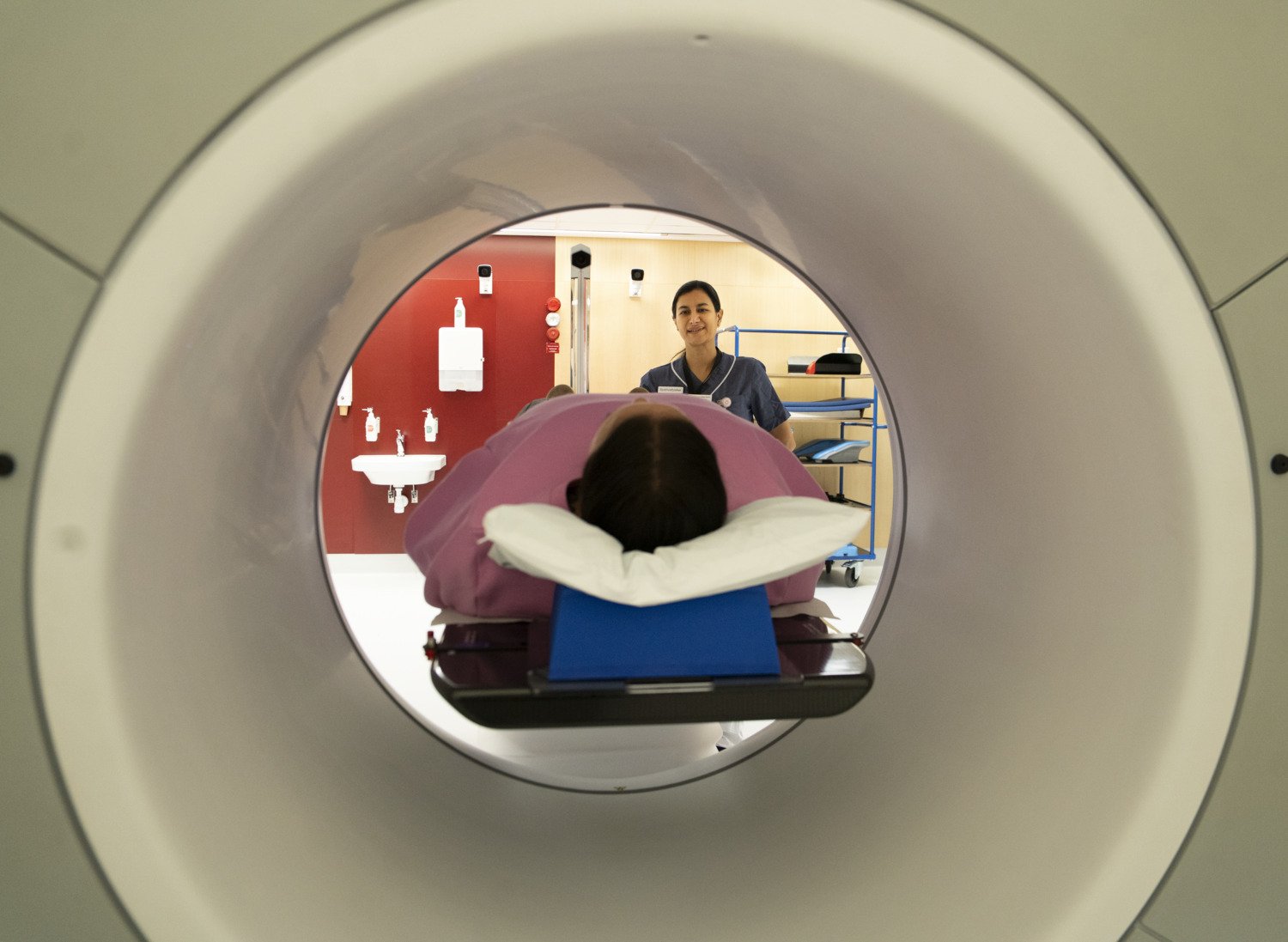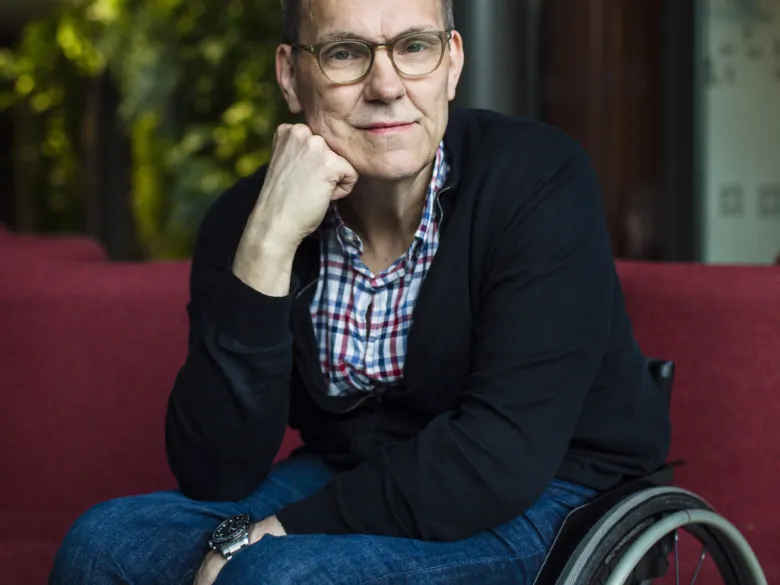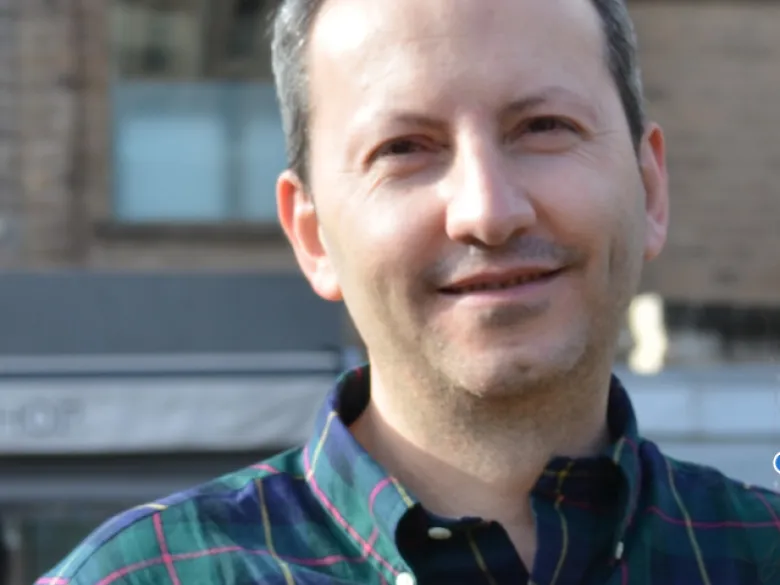Grants, awards and donations
 Photo: Liza Simonsson
Photo: Liza SimonssonTrio of KI researchers join forces against Parkinson's disease with donation from Promobilia
The Promobilia Foundation is donating SEK 25 million to enable four research groups from Karolinska Institutet and Lund University to join forces in a major research project designed to develop new treatment strategies for the fundamental causes of Parkinson’s disease.
 Photo: Getty Images
Photo: Getty ImagesWallenberg grants for KI research in mental ill health among young people
Marianne and Marcus Wallenberg Foundation and Marcus and Amalia Wallenberg Foundation have decided to award grants to ten research projects in psychology and psychiatry aimed at children, young people and young adults. Seven of these are run by researchers at KI.
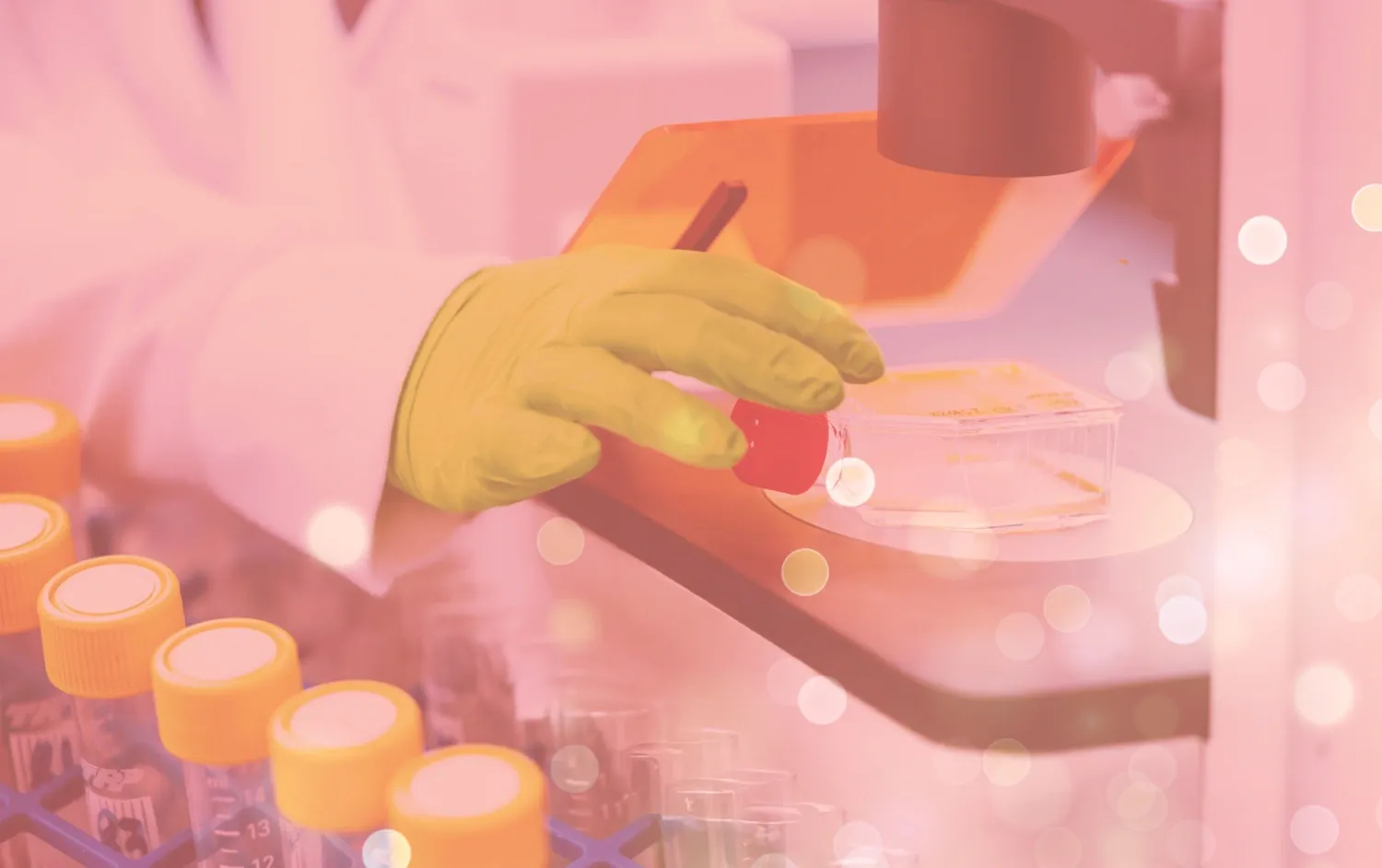 Photo: Liza Simonsson
Photo: Liza SimonssonOver SEK 35 million for research on childhood cancer at KI
The Swedish Childhood Cancer Foundation (Barncancerfonden) has granted SEK 35,3 million to KI for childhood cancer research. This year, the Foundation distributed a total of SEK 145 million to relevant research projects.
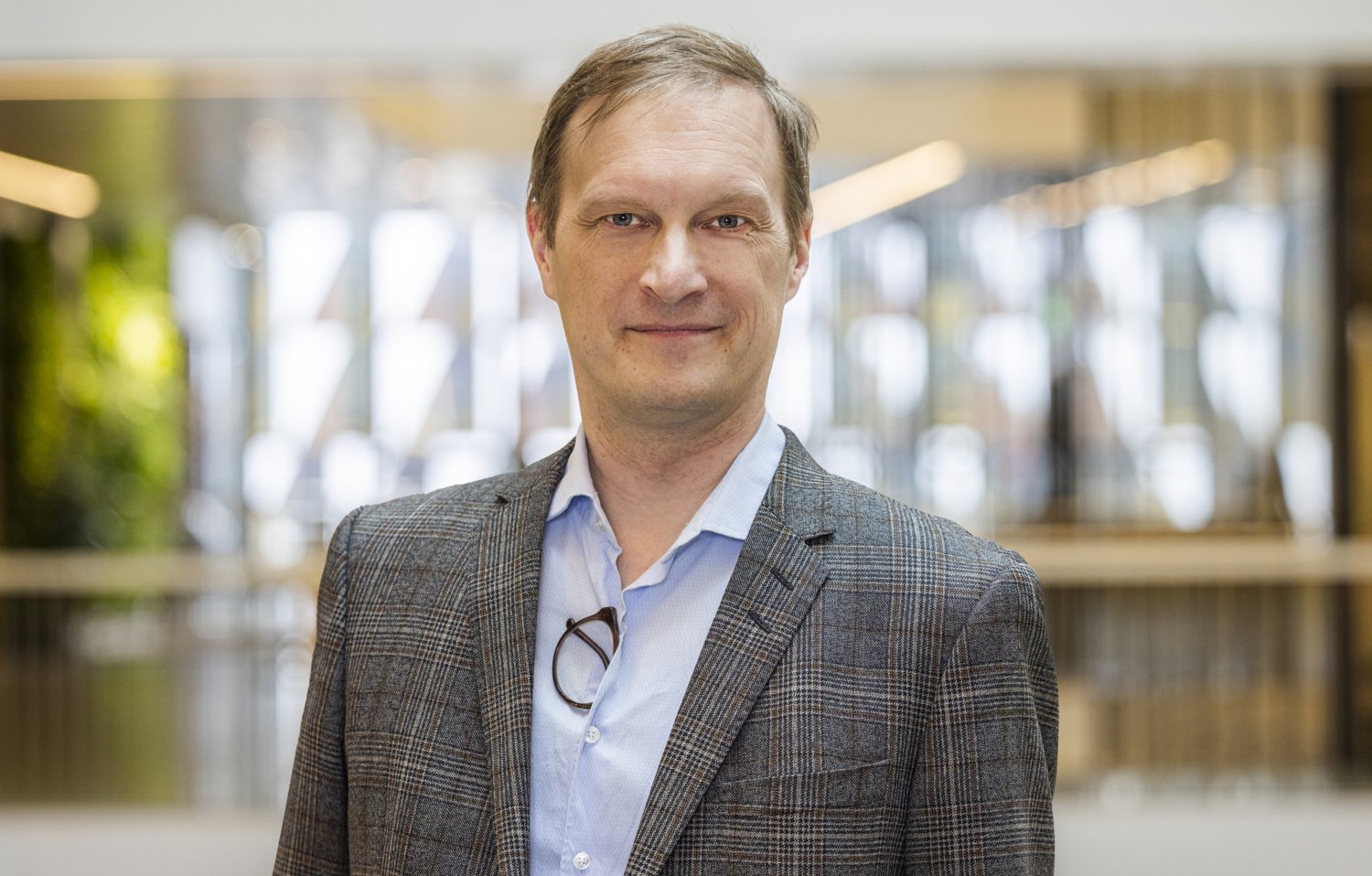 Photo: Liza Simonsson
Photo: Liza SimonssonKI researcher Sten Linnarsson awarded distinguished professor grant
Professor Sten Linnarsson, Karolinska Institutet, has been awarded a distinguished professor grant by the Swedish Research Council totalling just over SEK 30 million for the period 2026–2033.
The Conversation
 Photo: Getty Images
Photo: Getty ImagesWhat teenagers want adults to know about their digital lives
 Photo: Getty Images
Photo: Getty ImagesPoor sleep may make your brain age faster
 Photo: Getty Images
Photo: Getty ImagesParacetamol use during pregnancy not linked to autism in large study
A study of nearly 2.5 million births in Sweden published in JAMA in 2024 shows no evidence that paracetamol (acetaminophen) use during pregnancy increases a child’s risk of autism. This is the largest study conducted on the subject to date.
 Photo: Getty Images
Photo: Getty ImagesMore articles by KI researchers published in The Conversation
From cold-resistant genes to face masks, Karolinska Institutet researchers contribute to the global public discourse on a range of topics through our collaboration with the international news site The Conversation.
Selected top publications
New molecule may reduce signals linked to bowel cancer
Gunnar Schulte et al, Nature Communications, December 2025
Molecular movie reveals how a critical mitochondrial enzyme processes RNA
Ole Unseld, Hrishikesh Das, Martin Hällberg, Nucleic Acids Research, December 2025
New clues to how human brain connections take shape
Carl Sellgren et al, Nature Communications, December 2025
AI better than radiologists at detecting pancreatic cancer
Natalia Alves, Megan Schuurmans M, Dawid Rutkowski et al, The Lancet Oncology, November 2025
New method provides unique insight into the body's insulin production
Per-Olof Berggren et al, Nature Communications, November 2025
More high-impact publications


